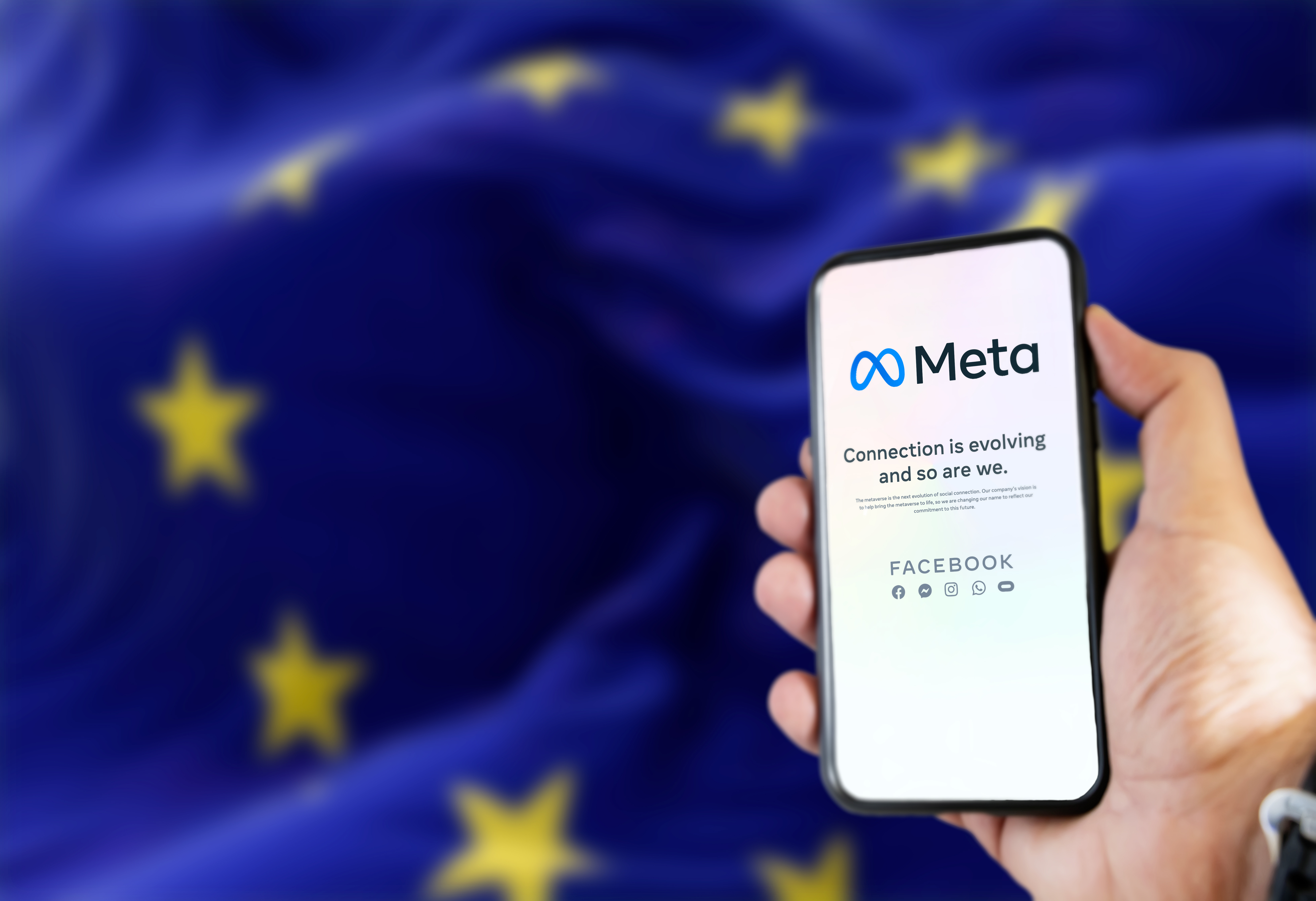The EU Commission released its first conclusions on July 1, stating that Meta's "pay or consent" approach did not adhere to the Digital Markets Act (DMA). Stemming from increasing concerns over the vast influence of companies like Amazon, Apple, Google, Meta, Microsoft, and ByteDance, the DMA went into force in March 2024, building upon Europe’s legacy of rigorous tech oversight.
Meta and similar platforms typically aggregate user information from both their own and third-party services to facilitate online advertising. These platforms have acquired massive amounts of personal data by using their dominant positions as digital market gatekeepers to enforce terms of service on their huge user bases. This strategy has provided them with an important edge over competitors who need access to such massive data resources.
In the Commission's preliminary view, this binary choice forces users to consent to combining their personal data and fails to provide them with a less personalized but equivalent version of Meta's social networks. The European Commission explained that Meta:
- Does not allow users to opt for a service that uses less of their personal data but is otherwise equivalent to the “personalized ads” based service.
- Does not allow users to exercise their right to freely consent to the combination of their personal data.
Under Article 5(2) of the DMA, gatekeepers must get users' permission to mix their personal data among specified core platform services and auxiliary services. Users who decline permission can still access a less customized but equivalent service. Gatekeepers cannot utilize the service or certain features depending on users' approval. Users of Meta's new EU service must pay €12.99 (£11) a month to have these adverts removed or agree to get them.
The European Commission has requested that Meta provide a cost-free alternative equal to its existing subscription model. The probe, which began in late March, is expected to be completed within 12 months.
Should the preliminary views of the Commission be validated, Meta's model will be deemed to contravene Article 5(2) of the DMA. Non-compliance can cost Meta penalties ranging from 10% of its global sales to up to 20% for repeated violations. Furthermore, methodical non-compliance can result in additional measures like prohibitions on purchasing new services or compulsory divestments.
Meta isn’t the only tech giant under scrutiny. Allegations have also been raised against Apple, accusing the company of violating the same regulations with its App Store practices. The main issue lies in these companies preventing other businesses from directing users to alternative platforms or payment systems, thereby restricting competition.
The EU has already set precedents with hefty fines for Google, stringent social media rules, and leading AI regulations. Now, countries like Japan, the UK, Mexico, South Korea, Australia, Brazil, and India are drafting similar DMA-inspired rules to curb tech dominance. These steps are supposed to bring about substantial changes in the functioning of digital markets by promoting a more open and competitive environment. Companies will have to review their policies to fit the DMA, consequently requiring more fairness and openness in the digital economy. The results of these investigations could set significant precedents, impacting worldwide regulations and motivating other regions to implement such policies.
.png?width=1816&height=566&name=brandmark-design%20(83).png)



